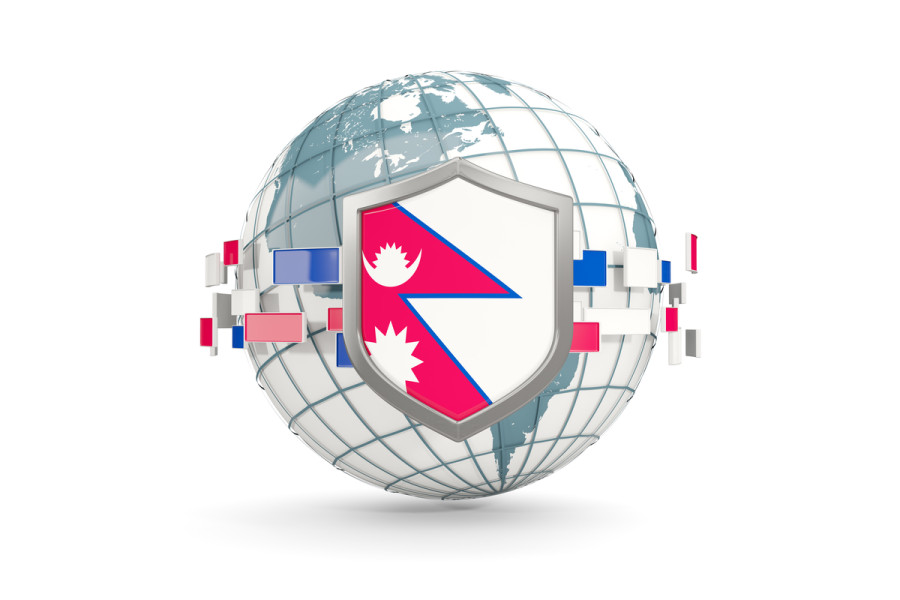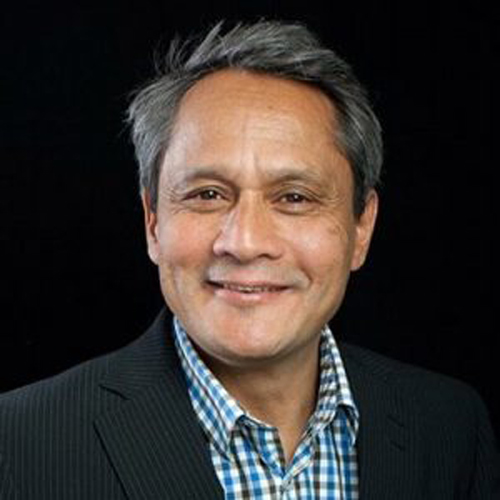Columns
Nepal’s non-alignment must stay
Non-alignment is taking a non-military alliance to prevent war and work for peace.
Katak Malla
The illegal Russian invasion of Ukraine which started on February 24 has led to indiscriminate mass murder in Ukraine. This is a blatant violation of the principle of non-intervention. The aggression being done by a permanent member of the United Nations Security Council, in effect creating a lawless world, also damages the UN system that evolved after the Second World War. The logic that "two mistakes don’t make a right" must be acknowledged in all cases.
The Swedish neutrality image under the then Swedish Prime Minister Olof Palme in the 1970s reached its height for being known as a moral superpower. Palme’s opponents have been advocating joining the North Atlantic Treaty Organisation for a long time. Now, Palme’s Social Democratic Party has changed its stand on neutrality. The Swedish rationale for joining NATO and Nepal’s presumed need to keep its non-alignment intact are relevant issues for the current discussion.
Before the Russian invasion of Ukraine, less than 20 percent of the Finnish people favoured joining NATO. This figure increased to 76 percent when Finland officially decided to join NATO. Similarly, in Sweden, the figure increased from an initial 22 percent to 53 percent when Sweden agreed to enter NATO. Some seem happy; others are mourning the passing of neutrality. Everyone, however, appears to be realising that life will never be the same again in Scandinavia.
In line with Finland’s decision on May 12, the Swedish Parliament, on May 16, made an unprecedented decision to join NATO, ending its long-standing neutrality. Whether Sweden’s neutrality has been genuine in the past, especially during the Second World War, giving German Nazi troops passage through the country towards Norway, is a subject of Swedish foreign policy reflection.
Sweden and Finland are waiting for NATO’s decision on their application, including Turkey. The Swedish decision has been described as a "historical shift" from centuries-long neutrality to the military alliance, although the two countries since the 1990s have been engaged in NATO through the "partnership for peace" agreement. Sweden and Finland have decided to be NATO’s "partners".
Swedish rationale
First, "extraordinary situation and extraordinary measures" has been presented as the rationale, although Sweden is not in a war situation yet. Without a public referendum, the ruling Social Democratic and Moderate opposition parties decided to join NATO along with Centre, Liberal and Christian Democratic parties, including the extreme right-wing Sweden Democrats. Out of the eight parliamentary parties, the Left and Green parties oppose joining the military alliance.
Second, "no viable alternative to NATO" is another rationale, pointing out that other means of defence have ended, including avenues of peaceful settlement of dispute and co-existence that Sweden used to champion. An additional argument is that “we do not want to be intimidated” by Putin’s bullying of neighbouring countries.
Third, Sweden will not allow nuclear weapon installations or NATO troops to be based on Swedish soil, but how the two countries will be able to defend themselves against an actual Russian attack without having nuclear arms for themselves or without NATO’s nuclear arms on their territories remains a question.
Finally, having high-quality technology "Sweden and Finland could be added value to NATO". However, both countries may be dependent on nuclear arms parity between the United States and Russia.
Ukraine’s President Volodymyr Zelensky has asked NATO to establish a no-fly zone over Ukraine, which NATO has declined. Putin has threatened to put nuclear weapons in Kaliningrad by the Baltic Sea if Sweden and Finland join NATO. Putin’s invasion of Ukraine has given a new lease of life to the declining US empire; former US President Donald Trump had openly declared that NATO was obsolete.
Neutral countries like Switzerland are supplying arms to Ukraine. NATO leaders are trying to avoid a direct confrontation between NATO and the Russian military.
Nepal’s non-alignment
Neutrality means staying out of a war regardless of right or wrong. Non-alignment is taking a non-military alliance to prevent war and work for peace. China and India have not opposed Russia in the Ukraine war. Nepal has taken the right stand against the Russian invasion of Ukraine.
Nepal joined the Non-Aligned Movement in the 1950s, opposing NATO and the Warsaw Pact. Nepal is the first Asian nation to recognise Israel and, at the same time, support the Palestinian people’s right to self-determination. Nepal had taken a stand against apartheid in South Africa when the US and Britain were supporting it. Nepal opposed the Vietnam War in relation to the US, and likewise, Nepal took a stand against the US military invasion of Grenada. Nepal’s non-alignment in the Sino-Indian war of 1962 is exemplary.
Nepal’s representative Rishikesh Shah’s stand against Soviet leader Khrushchev at the UN represents history. Shah opposed the Soviet invasion of Hungary and Czechoslovakia even without instructions from the Nepal government. Shah protested the Anglo-French invasion of the Suez Canal. The Nepal government did not like what Shah did at the UN. He was also criticised by India. During his short tenure at the UN, Shah contributed to Nepal’s non-aligned policy. Time magazine wrote in its October 24, 1960 issue: “Rishikesh Shah is the most influential diplomat to make non-aligned foreign policy respectable.” Nepal should not always look down on the importance of historically taking a non-aligned position.
Sweden and Finland may not have found a viable alternative to a military alliance. Nepal’s non-alignment provides options as the situation changes, raising its legitimate voice without joining a military alliance and contributing to the UN for peace. Non-alignment is moral strength, not a weakness. It is about standing up for nuclear disarmament, peace and co-existence, peaceful resolution of disputes, human rights and democracy. It is a choice for any state, that is, either join the powerful bully or unite small powers against bullies.




 10.12°C Kathmandu
10.12°C Kathmandu















